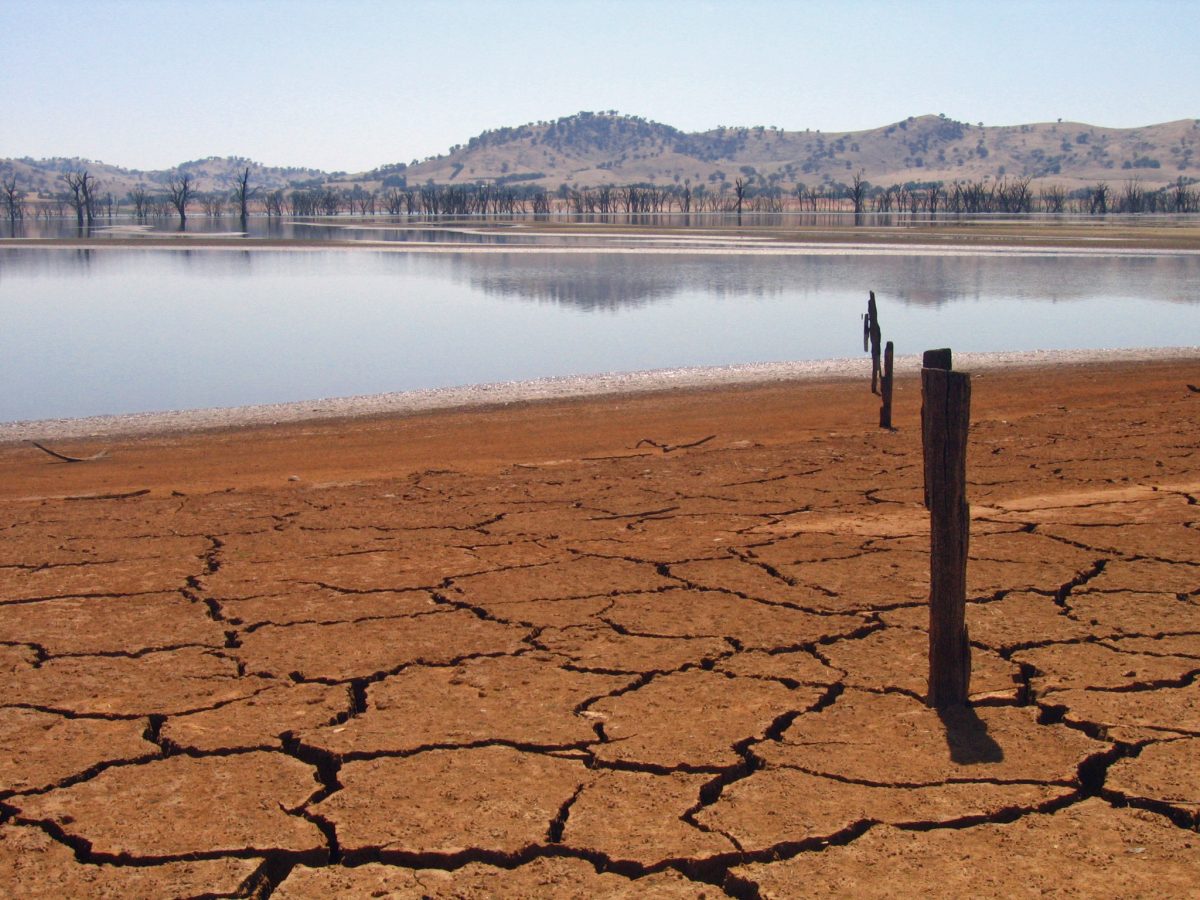This research critically investigates tensions and potentialities between risk-based assessments by local governance agencies and innovations by local groups and NGOs.
Climate variability and change is acutely felt at the local scale in Australia. This is where inter/national and State policies are translated into practices to prepare for, and adapt to, anticipated impacts of heatwaves, bushfires and floods.
This research critically investigates tensions and potentialities between risk-based assessments by local governance agencies and innovations by local groups and NGOs. The research utilises an innovative mixed methods approach to critically investigate and analyse the strategies and experiments of adaptation practices. It develops new ways of identifying and implementing practical, local, adaptive responses that are contextually relevant, socially innovative and capacity building.
This project investigates practices of social innovation in climate adaptability at the local scale in Australia. It builds on work that the CIs have been developing over a number of years in the fields of environmental action, geography, urban planning and place-based social innovation analysis. The project addresses knowledge gaps through several original contributions:
- it shifts the primary focus of CVC investigation to the local (neighbourhood) scale, where environmental and social governance decisions are routinely made (e.g. public infrastructure and service provision) and examines climate adaptation across multiple policy areas (e.g. planning, environmental management and service provision);
- it will highlight the institutional constraints and opportunities for more effective and innovative responses by providing a fine-grained empirical analysis of the situated framing, practices, interactions and multi-scalar power relations underlying decisions about climate adaptation across a range of actors;
- it broadens the scope for understanding and addressing climate impacts at the local scale by explicitly including non-institutional actors, thus examining potential socially innovative options for climate adaptation policies and practices that have not been examined before;
- it will analyse both constraints and potential drivers for more contextually relevant responses to climate change, thus shedding light on the reasons why local adaptation strategies seem to remain unimplemented; and
- it will develop new innovative, context-sensitive indicators for adaptive responses across a range of local initiatives that can be incorporated into new theories and co-managed practices of social innovation and climate adaptation at the local scale.
The methodological framework engages a practice approach to social innovation.
A practice-approach is crucial for understanding the potential for local scale actors to effect socially innovative
adaptive responses to climate change. The research will focus on how practices associated with climate adaptation responses shape lived outcomes.
The research is concerned with what causes practitioners and other actors to think and act the way they do. It will initially focus on their framing, which serves to define problems, diagnose their causes, evaluate and make judgements about agents and impacts, and suggest remedies and predict their impacts.
The research will further identify the kinds of (institutional) learning that may (or may not) occur in adaptation planning processes, and how far they encourage (or inhibit) processes of creative discovery of new practices, through which new policy frames can become recognised and adopted.
Because practices are situated in the particular circumstances of sites, the research will be grounded in specific local governments and actions in each of the four states in which the CIs are based: Victoria, Queensland, WA and NSW.
This will allow comparisons across different statutory contexts – thus identifying which practices work well in different places under different circumstances.
Methods
The specific phases in the research are as follows:
- Phase 1. Establishment and first meeting of Project Reference Group
- Phase 2. Comprehensive audit of local governments and identification of case studies: local government strategies and initiatives and non-governmental organisations’ local initiatives.
- Phase 3. Detailed investigation and analysis of case studies – via detailed analysis of published texts, in-depth interviews and focus groups.
- Phase 4. Analysis & Synthesis
- Phase 5. Development of a capacity-building resource for socially innovative adaptive practice

Key People
Lead researcher
Project Researchers
- Associate Professor Wendy Steele (RMIT University)
- Dr Diana MacCallum (Curtin University of Technology)
- Associate Professor Jason Byrne (Griffith University)
- Dr Donna Houston (Macquarie University)


